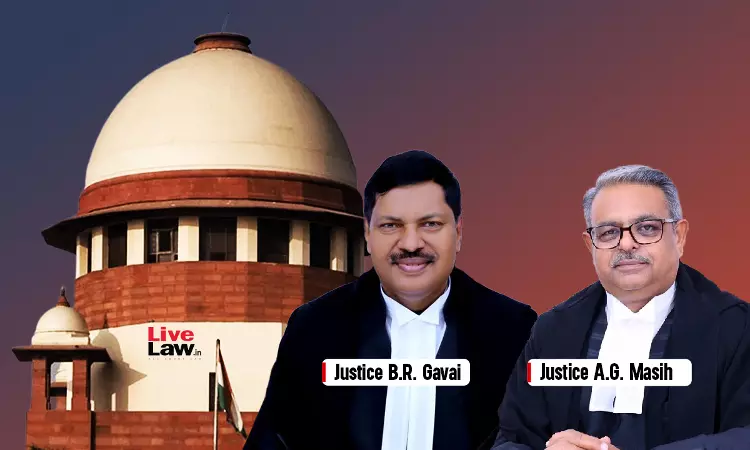'Prior Enmity Can Indicate Motive But Also Raise Possibility Of False Accusation' : Supreme Court Acquits Man In 30-Year-Old Murder Case
Yash Mittal
29 March 2025 3:50 PM IST

Enmity is a double-edged sword, the Court observed.
Next Story
29 March 2025 3:50 PM IST
